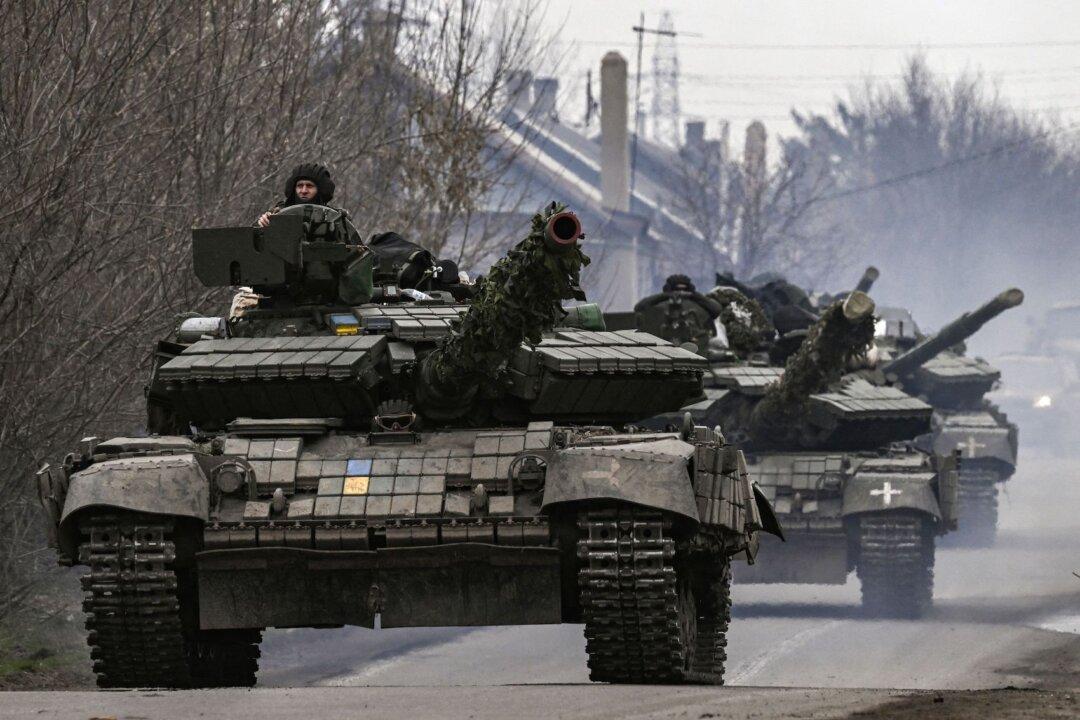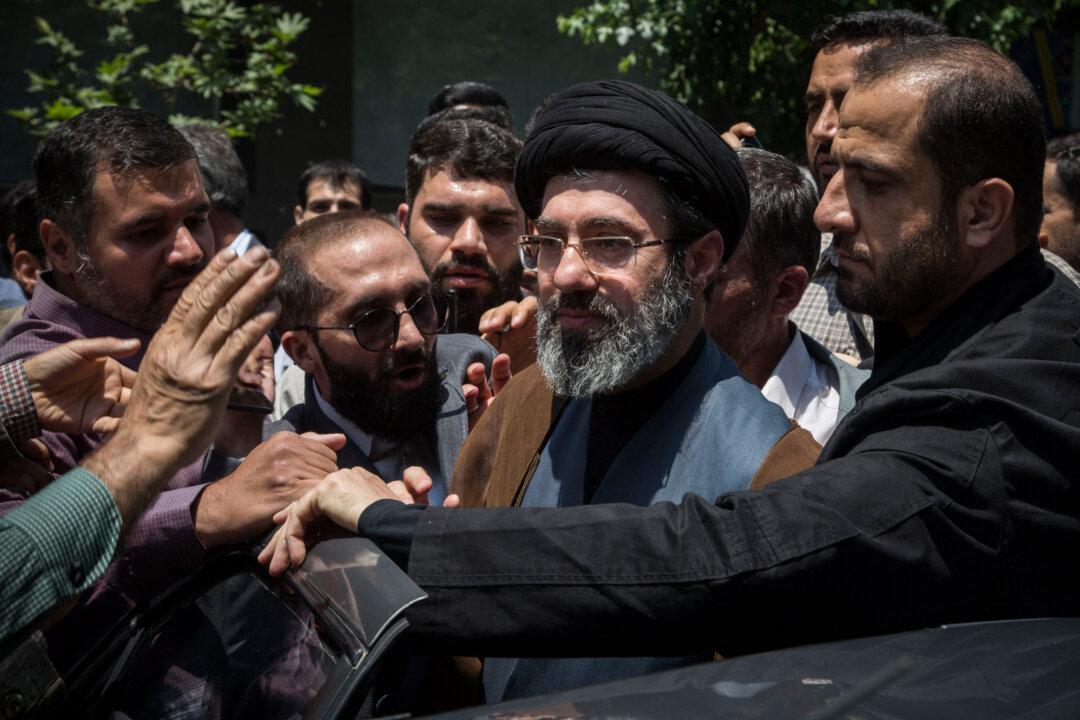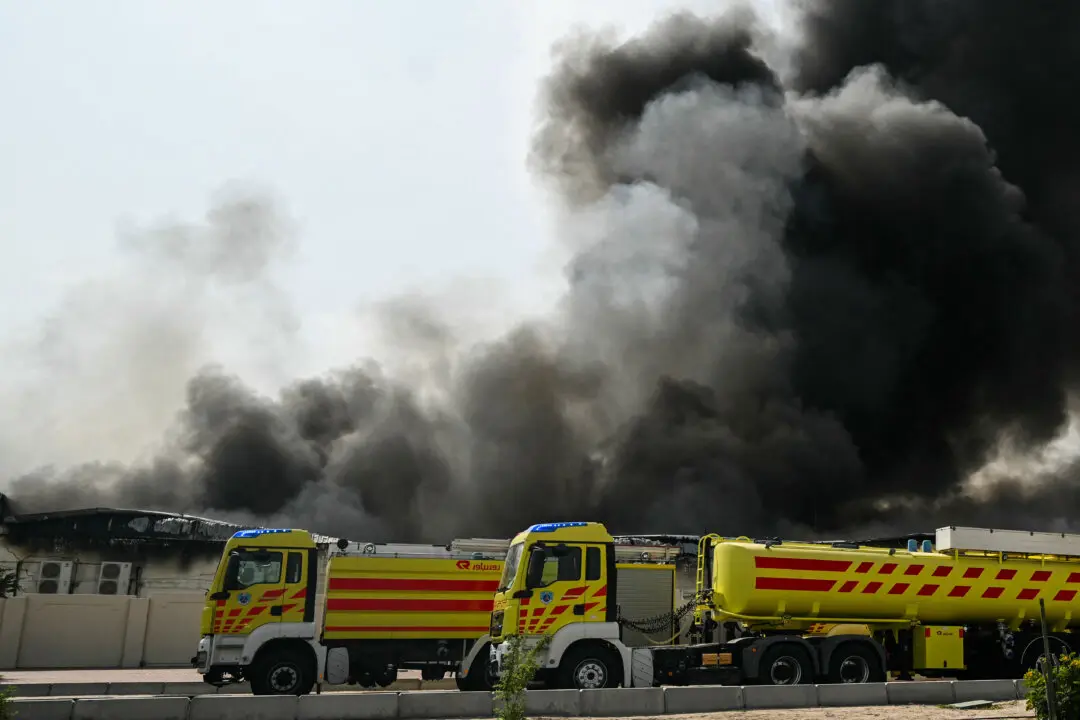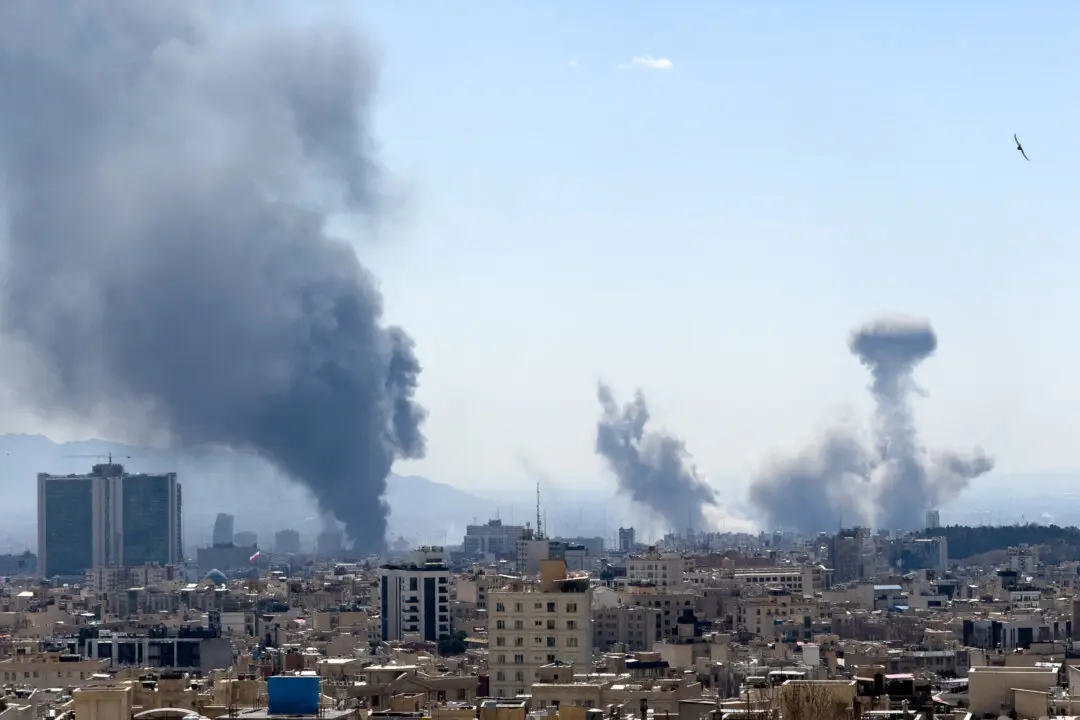After winning back territory in the fall and holding most of those gains through winter, the world awaits Ukraine’s much-anticipated spring offensive to drive Russian invaders out of the nation’s eastern provinces.
Despite optimism, however, most European and United States analysts do not expect the offensive will deliver a decisive enough victory to end Vladimir Putin’s vision of “a 21st-century Russia with 19th-century ambitions,” said Luke Coffey, a senior fellow with the Hudson Institute in a May 4 ‘Reaching an Endgame in Ukraine’ presentation hosted by the Washington-based conservative think-tank.





